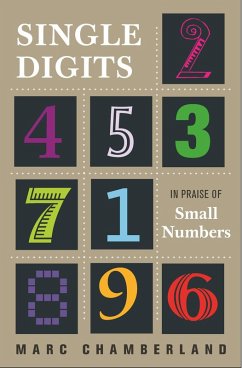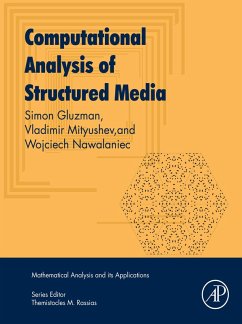
Numerical Methods for Scientists and Engineers (eBook, ePUB)
Sofort per Download lieferbar
25,95 €
inkl. MwSt.

PAYBACK Punkte
13 °P sammeln!
Numerical Methods for Scientists and Engineers (eBook, ePUB)
Dieser Download kann aus rechtlichen Gründen nur mit Rechnungsadresse in A, B, BG, CY, CZ, D, DK, EW, E, FIN, F, GR, HR, H, IRL, I, LT, L, LR, M, NL, PL, P, R, S, SLO, SK ausgeliefert werden.













